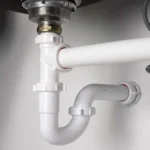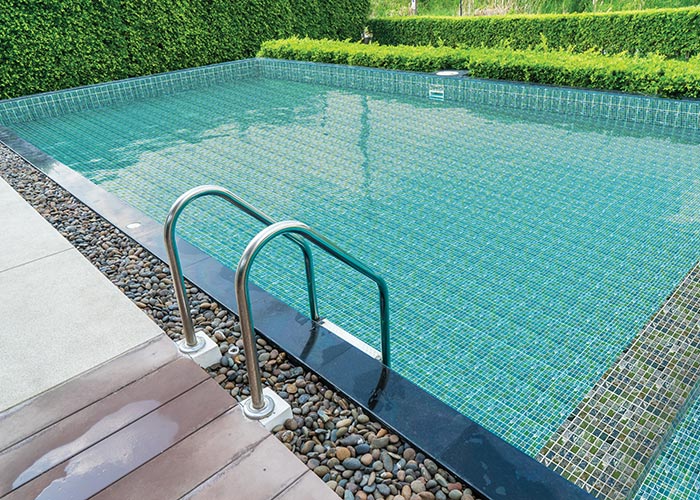The need for comfort, efficiency, and sustainability in building environments has never been greater in the quickly changing world of today. The development of HVAC (heating, ventilation, and air conditioning) systems is essential to reaching these objectives. Modern HVAC platforms represent a significant leap forward from conventional systems, offering a plethora of benefits that go beyond mere temperature regulation. The way we perceive and manage indoor environments is changing as a result of these improvements, which range from increased energy efficiency to better indoor air quality and more intelligent operational capabilities.
Energy Efficiency And Cost Savings
One of the primary advantages of modern HVAC platforms is their remarkable energy efficiency. Traditional HVAC systems often operate on fixed settings, leading to unnecessary energy consumption during periods of low demand. In contrast, modern platforms leverage advanced technologies such as variable speed motors, smart thermostats, and predictive analytics to optimise energy usage in real time. This dynamic approach not only reduces operational costs but also minimises environmental impact by lowering overall energy consumption and carbon footprint.
Furthermore, the integration of energy-efficient components like high-efficiency filters and zone-based heating and cooling systems allows for precise control over indoor climates. This capability not only enhances occupant comfort but also enables facilities managers to tailor energy usage according to specific needs, further enhancing operational efficiency and cost savings.
Improved Indoor Air Quality
Sustaining a healthy and productive indoor environment heavily depends on indoor air quality (IAQ). Advanced filtration systems that efficiently collect dust, allergens, and other airborne particles are a feature of modern HVAC platforms. Some systems even feature UV germicidal irradiation, which helps eliminate harmful pathogens and bacteria from circulating air. These platforms make indoor air cleaner and healthier for building inhabitants by constantly monitoring and purifying the air, which lowers the risk of allergies and respiratory conditions.
Enhanced Comfort And Control
Gone are the days of one-size-fits-all temperature settings. Modern HVAC platforms offer unprecedented levels of comfort and control through innovative features like personalised climate zones and smart sensors. Occupants can adjust room temperatures and ventilation settings based on individual preferences and occupancy patterns, promoting a more enjoyable and adaptable indoor experience.
Moreover, advancements in connectivity and automation enable remote monitoring and management of HVAC systems. Facility managers can oversee operations, diagnose issues, and adjust settings from anywhere via mobile devices or centralised control systems. This remote accessibility not only improves responsiveness to maintenance needs but also optimises system performance, ensuring uninterrupted comfort and operational reliability.
Sustainability And Environmental Responsibility
As global awareness of environmental sustainability grows, so does the demand for eco-friendly building solutions. Modern HVAC platforms are designed with sustainability in mind, incorporating features such as energy-efficient components, eco-friendly refrigerants, and minimal environmental impact during manufacturing and disposal. These systems adhere to stringent environmental standards, helping buildings achieve green certifications and demonstrating a commitment to responsible resource management.
Future Trends And Innovations
Looking ahead, the future of HVAC technology promises even greater advancements. The industry landscape is expected to be redefined by trends like the use of renewable energy sources for heating and cooling, the creation of fully automated smart buildings, and the integration of artificial intelligence (AI) for predictive maintenance. These innovations not only aim to further enhance energy efficiency and operational reliability but also pave the way for more sustainable and intelligent building environments.
In conclusion, modern HVAC platforms represent a significant evolution in building climate control, offering multifaceted benefits that extend far beyond basic temperature regulation. These platforms are essential for developing healthier, more productive, and ecologically conscious indoor environments. They achieve this by supporting energy efficiency, increasing indoor air quality, and enhancing comfort, control, and sustainability. The capabilities of HVAC systems will develop along with technology, guaranteeing that buildings of the future are not only efficient and comfortable but also sustainable and able to withstand the difficulties of the modern world.












